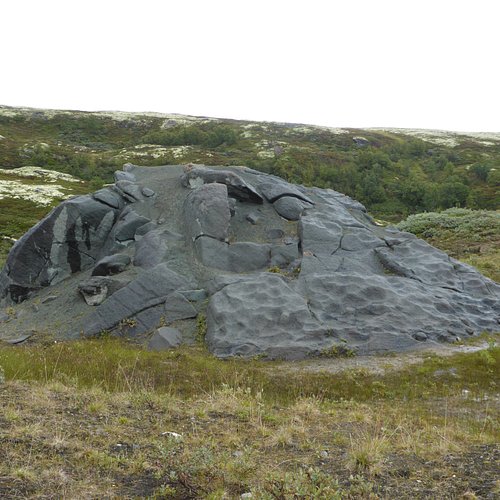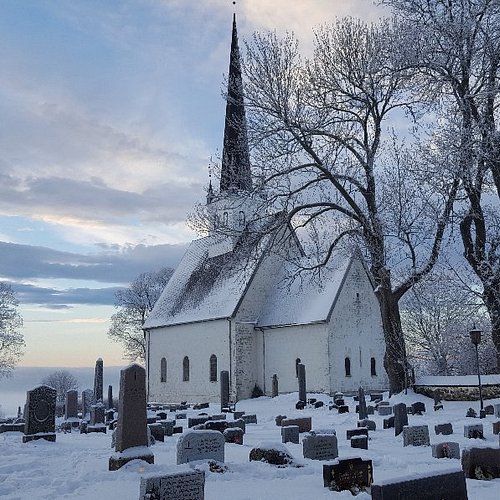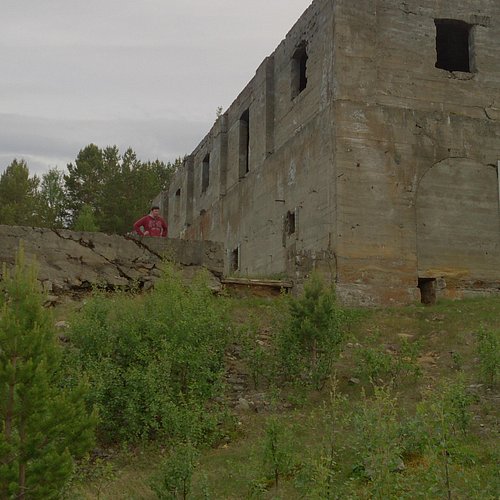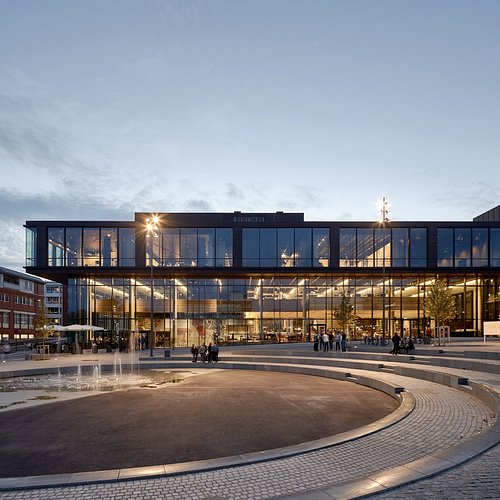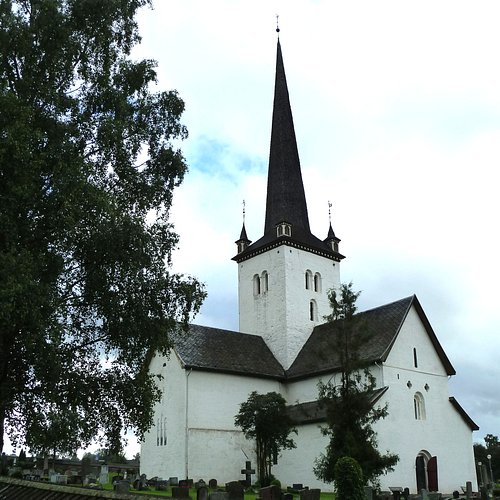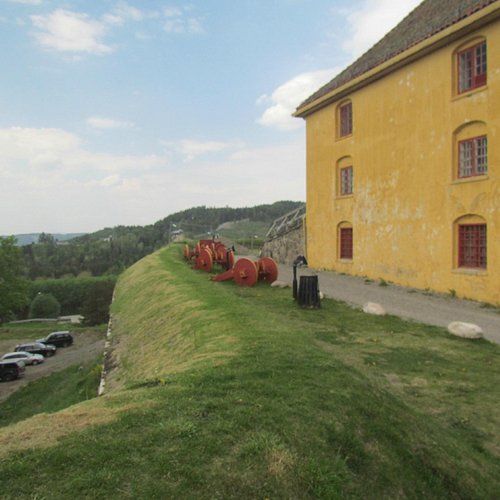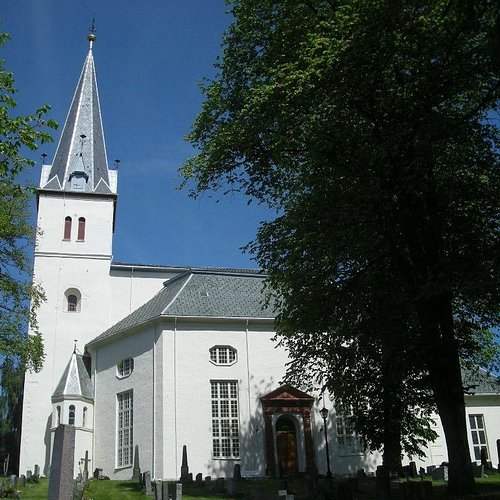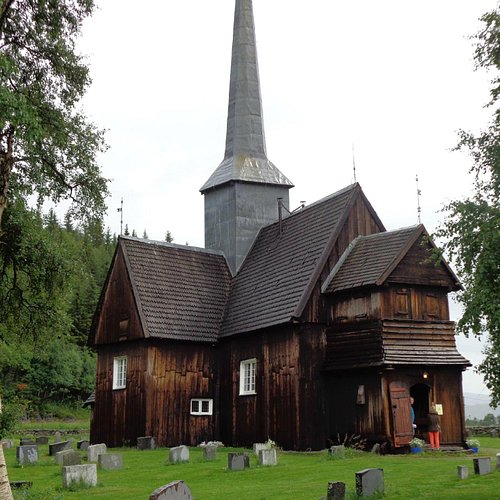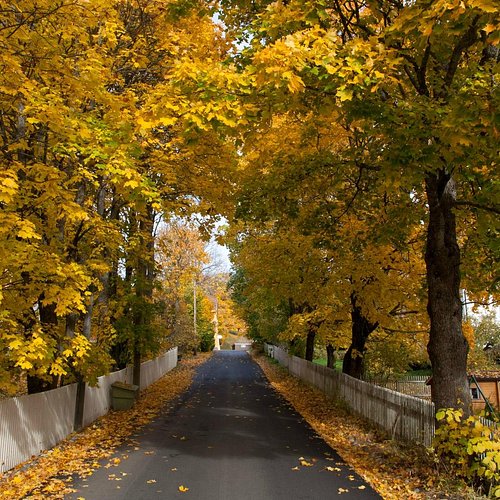Things to do in Hedmark, Eastern Norway: The Best Sights & Landmarks
Discover the best top things to do in Hedmark, Norway including Vingelen National Park Village, The Soap Stone Quarry, Stange Church, Rostvangen Mines, Hamar Kulturhus, Ringsaker Kirke, Kongsvinger Fortress, Vang Church, The Church at Kvikne, Kongsvinger Norway Fortress and Old Town.
Restaurants in Hedmark
1. Vingelen National Park Village
Overall Ratings
5.0 based on 1 reviews
A cultural walk around sunburnt timber buildings in the beautiful mountain village of Vingelen. Start and finish in Vingelen village centre, with the opportunity to embark on shorter or longer round trips amongst old timber houses and lath fences.
2. The Soap Stone Quarry
Overall Ratings
5.0 based on 2 reviews
Bubakk, Kvikneskogen About 1000 metres above sea-level, just west of Sandbekkdalen in Kvikne in Tynset, lies one of the country’s most known soap stone quarries from the pre-roman Iron Age. The stone quarry is known first and foremost through some remarkable dating. Several C-14 samples of organic material in the waste mass taken out beside the quarry are dated to 400-300 years BC. It is assumed that 3000-4000 pieces of raw material for pots were taken out of the quarry. During excavations in 1969, quite a few wooden objects such as spades, plates and a cup were unearthed. Soap stone from the quarry has been used in the restoration work on the cathedral in Trondheim. Marks made due to drilling are clearly visible. Just to wander in this area and touch the marks where the raw materials for pots were removed for 2500 years ago. To think about all the activity so long ago, certainly awakes your imagination and gives you a feeling of the historical atmosphere. There are notice boards on the main road (Rv30) and in the quarry which give plenty of information. There is a toll road into the quarry but it is recommended to walk.
3. Stange Church
4. Rostvangen Mines
Overall Ratings
5.0 based on 1 reviews
At Rostvangen you will find the remains of the mining community which existed for 17 years from 1904 until 1921 and resulted in the biggest bankruptcy in Norway’s history at that time. At the most populous period there were approx. 500 people living in the mining community. There was a school, a shop, a café, a community hall and a bakery and other things needed in a small community. There was a theatre group, a brass band, a football club and dances which provided social activities. A hydro-electric power station was built to provide power for the mines. The remains of the dam and the turbine hall still lie along the main road (Rv 3) just south of Kvikne. Today, just the foundations of the buildings remain. Notice boards have been put up with both text and photographs which give visitors a good insight into life at Rostvangen. How to get there. Take off the main road (Rv3) at Nytroa and follow the signs along the 3 km toll road to the parking area. From here there is a clear path leading up to the mining area.
5. Hamar Kulturhus
Overall Ratings
5.0 based on 5 reviews
Velkommen til Hamars kulturelle lekestue! Hamar kulturhus gir deg et mangfold av kunst- og kulturopplevelser og rommer konsertsaler, bibliotek, galleri, teatersaler, kino, restaurant, øverom og studio. Kulturhuset er byens største og viktigste kulturelle møteplass.
6. Ringsaker Kirke
7. Kongsvinger Fortress
Overall Ratings
4.5 based on 59 reviews
Kongsvinger Fortress is one of the most important sites of cultural heritage in Norway and Hedmark Fylke and it is regarded as on the region’s main attractions. The Fortress was built from 1673 an onwards and it served as an efficient protection foreign soldiers – especially from Sweden. The Fortress was never conquered by enemies of Norway. Today the Fortress is open all year.
8. Vang Church
9. The Church at Kvikne
Overall Ratings
4.5 based on 6 reviews
If you are interested to see one of the finest altarpieces in the country and a church richly decorated, then you must visit the church at Kvikne. This cross-shaped church was built between 1652-1654 and it was restored between 1738-1739. The present church was probably built on the same site as the previous stave church. The stave church was too small in the period of prosperity of the copper mine, which prevented people moving away and made farming more profitable. The copper mining company donated timber to the church while local people did most of the building work. Jorgen Snekker is believed to have made the pulpit, while the altarpiece was probably made by Johan Bildsnider from Trondheim. The large painting on the alter is believed to have been painted by Johan Kontrafeier. The church is open for guided tours in July.

